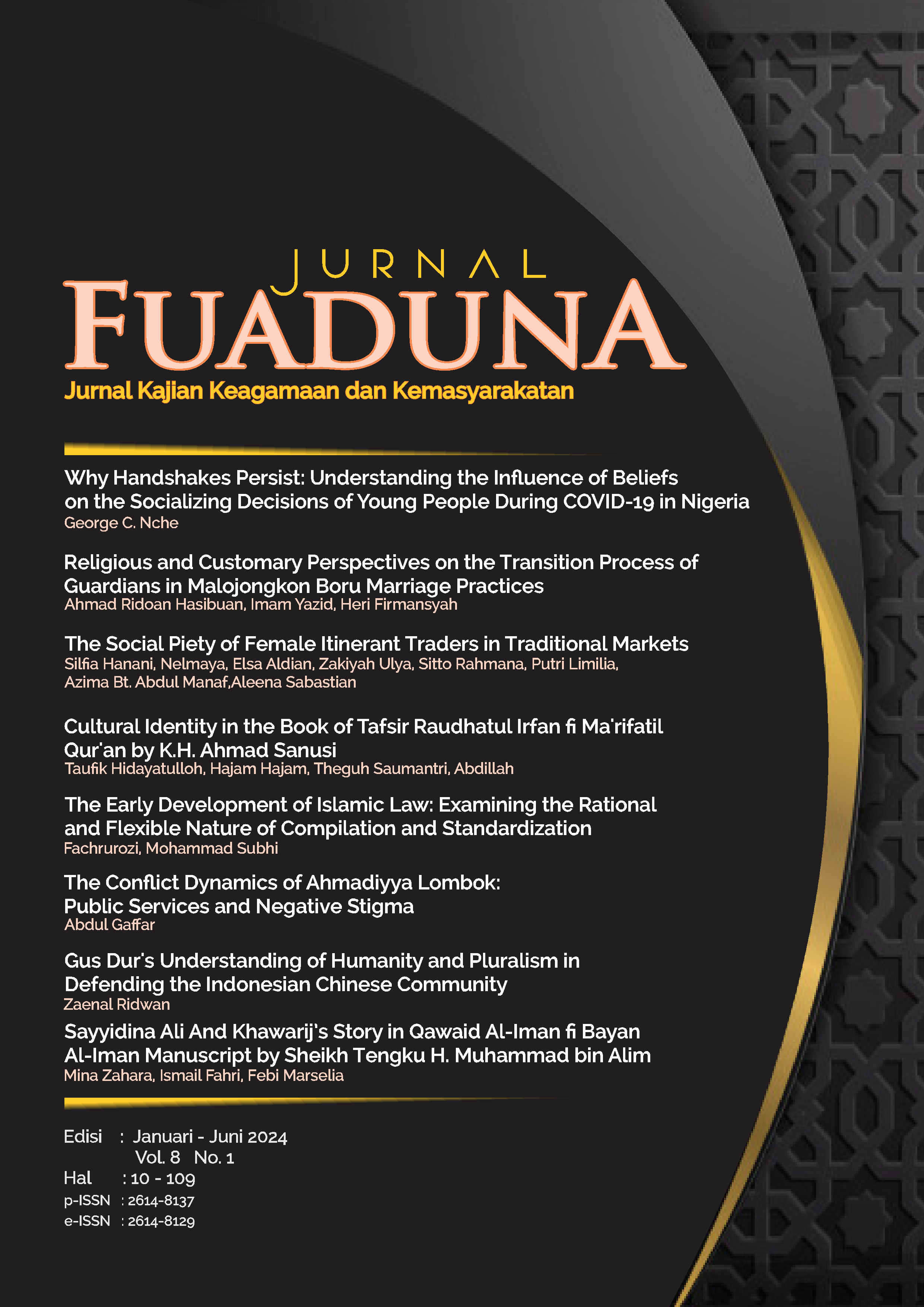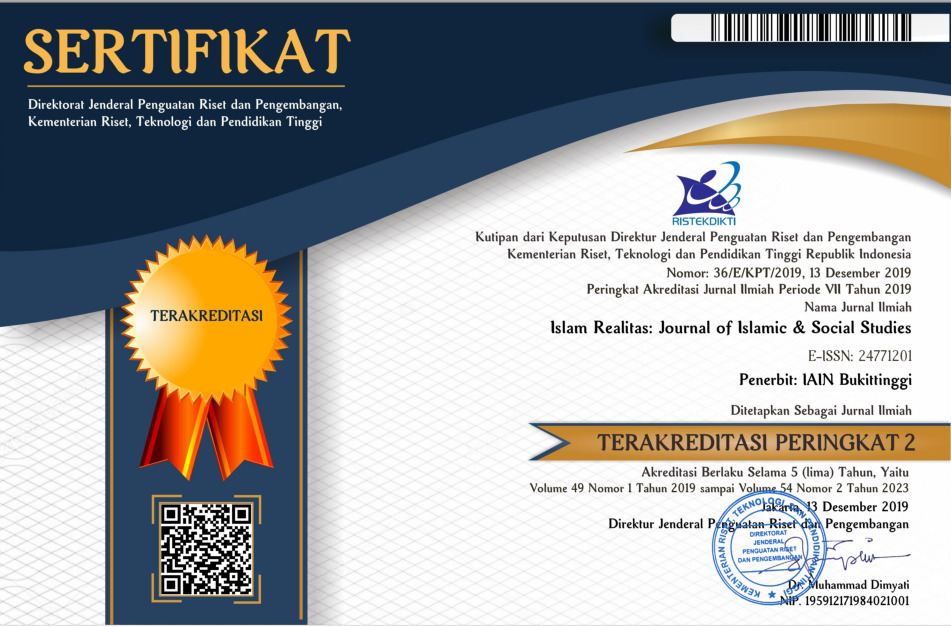The Early Development of Islamic Law: Examining the Rational and Flexible Nature of Compilation and Standardization
DOI:
https://doi.org/10.30983/fuaduna.v8i1.8400Abstract
The establishment of standard law serves as a crucial framework for Muslims, particularly in mitigating confusion following the death of the Prophet Muhammad. This study examines the compilation and standardization of Islamic law during the formative years of Islam, emphasizing the contributions of the Companions, who brought diverse backgrounds and perspectives to the discourse. The analysis begins with the historical context of how Islamic law was compiled and standardized, progressing to an exploration of the characteristics of Islamic law as articulated by jurists (mujtahid). Through a comprehensive literature review, this paper aims to demonstrate the historical evolution of Islamic law, highlighting its rational, open, and flexible nature. These attributes reflect the positive implications of Islamic teachings, which are both transparent and characterized by the principle of rahmatan li al-'alamin (mercy to the worlds). Furthermore, this study elucidates the connection between the inclusive and humanistic spirit of Islam and the Islamic legal framework developed by early scholars, underscoring its rationality, flexibility, dynamism, and accessibility.
Downloads
Published
How to Cite
Issue
Section
Citation Check
License
Copyright (c) 2024 Fachrurozi, Mohammad Subhi

This work is licensed under a Creative Commons Attribution-ShareAlike 4.0 International License.
Authors who publish with this journal agree to the following terms:
- Authors retain copyright and grant the journal right of first publication with the work simultaneously licensed under a Creative Commons Attribution-ShareAlike 4.0. that allows others to share the work with an acknowledgment of the work's authorship and initial publication in this journal.
- Authors are able to enter into separate, additional contractual arrangements for the non-exclusive distribution of the journal's published version of the work (e.g., post it to an institutional repository or publish it in a book), with an acknowledgment of its initial publication in this journal.
- Authors are permitted and encouraged to post their work online (e.g., in institutional repositories or on their website) prior to and during the submission process, as it can lead to productive exchanges, as well as earlier and greater citation of published work (See The Effect of Open Access).





